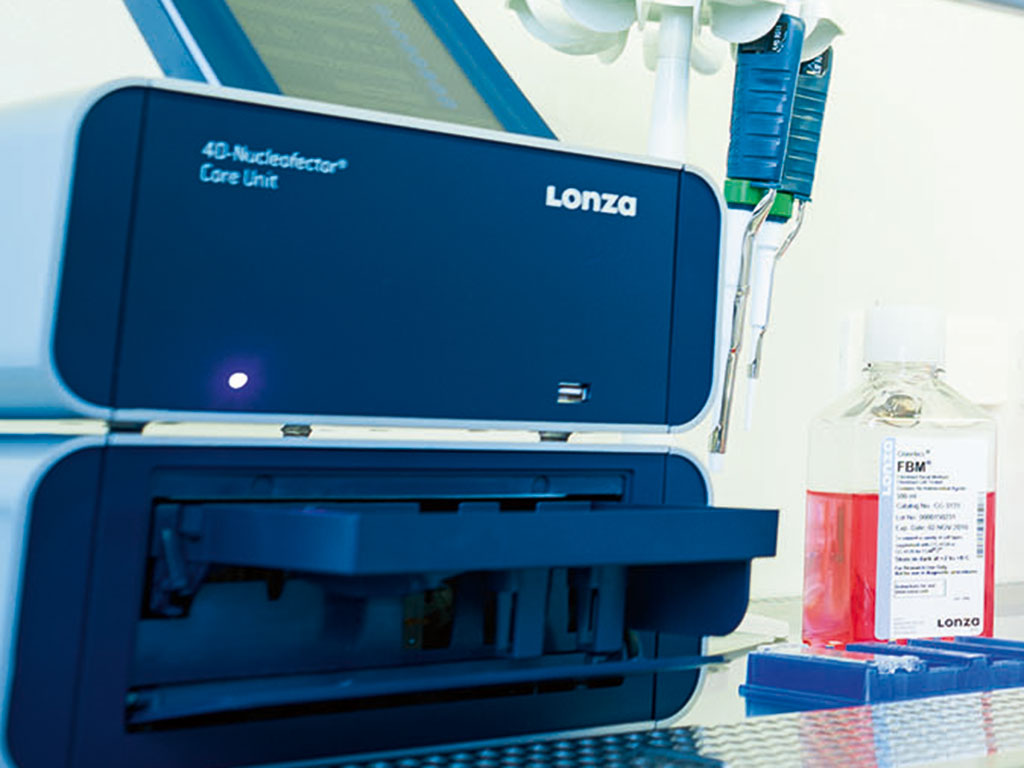In the second session with a focus on CRISPR screenings, Dr. Theodore Roth (Resident, Stanford Pathology; Co-Founder, Arsenal Biosciences) gave a fantastic talk about scalable discovery systems for human cellular therapies and showed that it is possible to transfect human T cells with a 2-3 kb DNA sequence for a knock in.
Then Dr. Benedetta Carbone (Scientific Investigator from GSK) gave us new insights into the Phenotypic CRISPR screening in human iPSC-derived macrophages what she uses as a platform for drug discovery.
Roundtable questions:
What were your biggest CRISPR challenges and how did you overcome these?
Theodore Roth: “A big challenge is, if you vary one parameter e.g. how much DNA, finding the optimal one and then next week go on and vary another one. So, the interaction between different optimization parameters can be a challenge. Being able to test in high-throughput helps a lot to find local, but also global optimal combinations. This was super helpful and efficient, especially in the 96-well unit.”
Kevin Holden: “Started in 2015 with plasmids and was challenging, using RNPs really does help and literally gives you a standardized way to work with. If you can standardize transfection by using RNPs, this really helps and Nucleofection® was a huge difference maker, it always works!”
Where are we going to be with CRISPR in 5 or 10 years from now?
Benedetta Carbone: “From a sort of clinical slash, public perspective I am hoping to see a bit more acceptance, so less hocus-pocus vibe from the general regulation. Hoping that the public is more exposed to the CRISPR technology, introducing the technology more easily to the clinic with less hesitancy and restrictions.”
Dimitrios Wagner: “I think what CRISPR therapeutics really allows to dream about is the future, where we can achieve a solution for every person. Even for ultra-rare diseases, I hope that in 5 years, we have had seen a large amount of clinical trials with that early technologies, maybe we can see some clinical trials with the new technologies like base editing or we will see prime editing in the clinics.”
We thank all the speakers for their interesting talks and answering all the questions. Furthermore, we thank our moderators Melanie Homberg, Kathleen Burke, Luke Pratsis, Elke Lorbach as well as the whole event team for their effort to make this virtual event happen.
We are also looking forward to our next virtual event focusing on CRISPR in drug discovery at the 26 September 2023 – You can already register for the CRISPR event. In the meantime, you can also watch the 2022 CRISPR event on demand.
Written by Camilla
Scientific Support Specialist

